- Tags:
- astronomy / eclipse / lunar eclipse / occultation of Uranus / total lunar eclipse / Uranus
Related Article
-
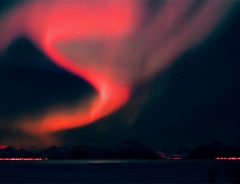
1,400 Year Old “Red Sign” Mystery in Japan’s Sky Solved
-
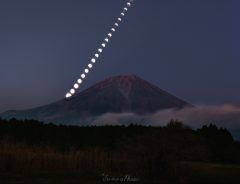
Miracle shot of Mt. Fuji under Occultation of Uranus and total lunar eclipse stuns on Twitter
-
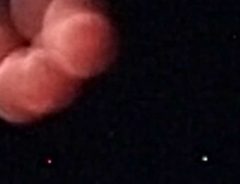
Failed photo of blood moon total lunar eclipse has foodies laughing in Japan
-

Japanese artist crafts mysterious “children of the stars” lamps with out of this world cuteness
-
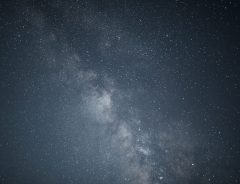
Ask your Japanese friends this ONE question!
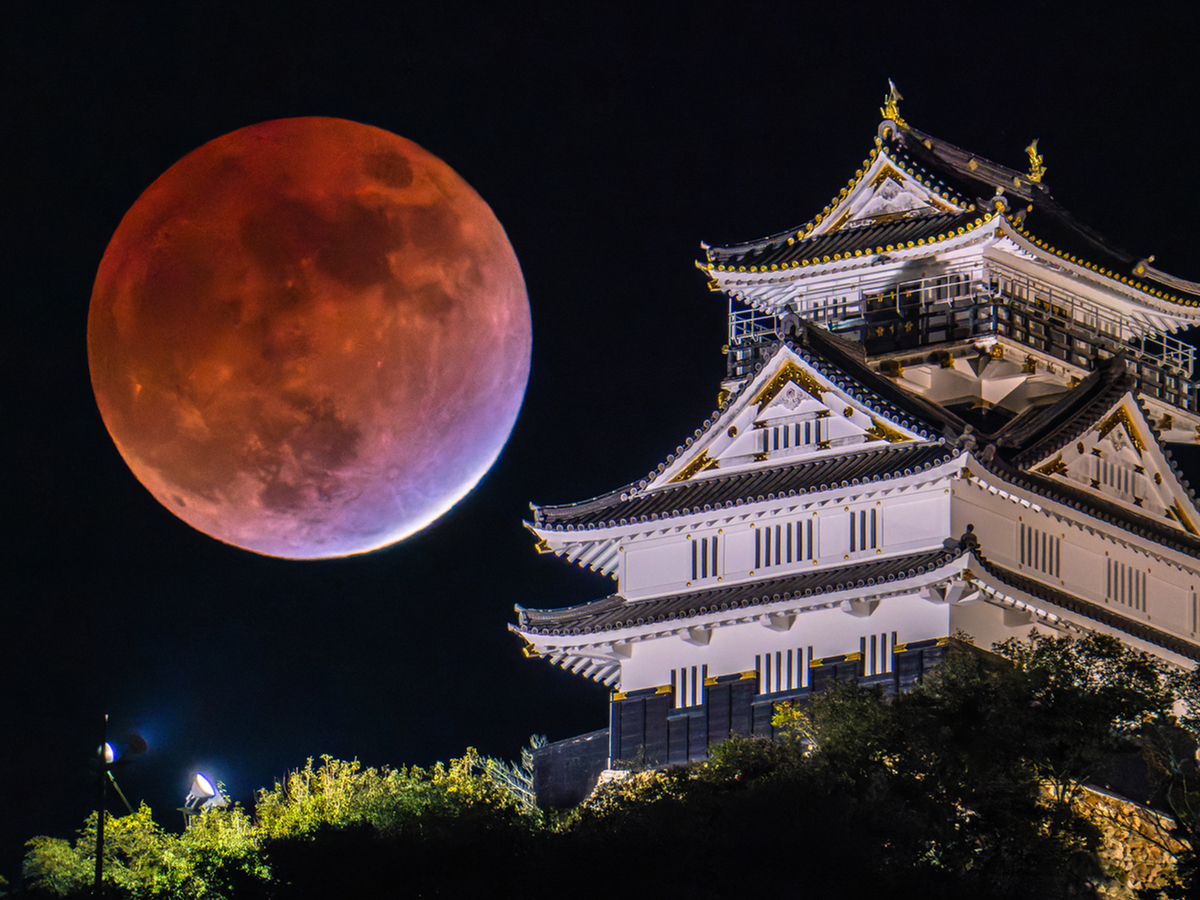


Did you know that a very unusual celestial show will be visible throughout Japan and other parts of Asia tonight, November 8th, 2022?
Not only will you be able to witness a total lunar eclipse, in which the moon appears to be darkened due to the earth's overlapping shadow, but there will also be what's known as a lunar occultation of Uranus, in other words, a "planetary eclipse" by the moon. Although there have already been several occultations of Uranus this year, it was back in 1580 that it last coincided with a total lunar eclipse.
The next time a total lunar eclipse will coincide with a planetary occultation of any kind, Uranus or otherwise, won't be until 2344, so astronomy buffs won't want to let this one pass!
According to the National Astronomical Observatory of Japan, the total lunar eclipse will begin around dusk and will be at its maximum around 19:59, depending on the area.
Uranus will be occulted at around 8:30 p.m., although the time may vary slightly by region.
Since the magnitude of Uranus is 6.0, it's difficult to see with the naked eye, even when conditions in the night sky are good, so you'll probably want to equip yourself with a good pair of binoculars or a telescope to see it properly.
Weather forecast
According to the National Astronomical Observatory of Japan, conditions are favorable nationwide because the total lunar eclipse will begin at a time when the moon's altitude is somewhat higher in many areas.
Also, since the total lunar eclipse will reduce the moon's light, Uranus should be easier to find even though it's darker than usual.
Rain is forecast for Hokkaido, Aomori, Akita, and Niigata prefectures tonight but other areas are expected to be clear.
This rare celestial event won't occur late at night, so it should be convenient for many people to observe.